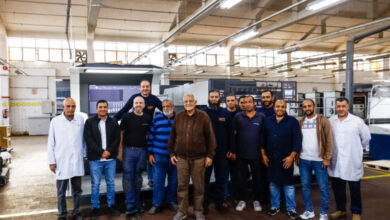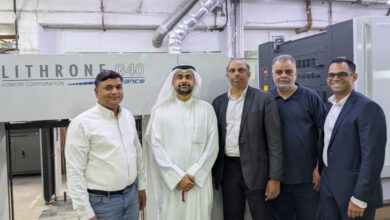Dubai’s Hotpack Global To Go Green in Malaysia
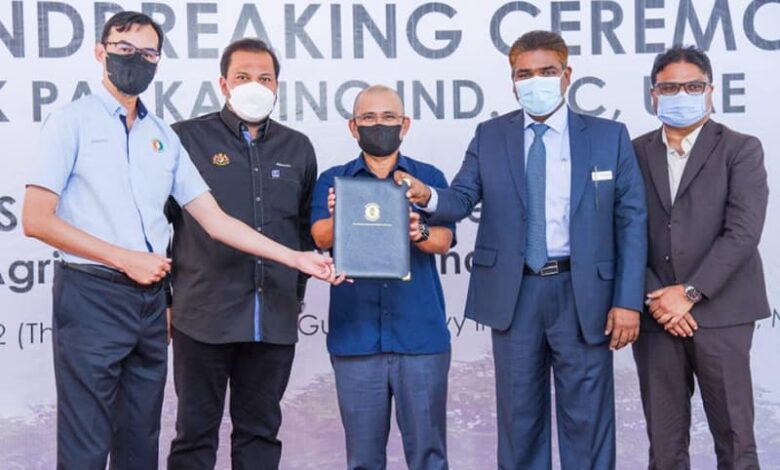
Dubai-based leading packaging solutions company Hotpack Global announced its plan to invest 350 million dirhams in Malaysia over the next ten years, with the aim of establishing 10 factories to produce biodegradable packaging materials, in partnership with Free The Seed, a Malaysian company specializing in the manufacture of biodegradable packaging products, with the support of the Malaysian Bioeconomic Development Corporation.
The construction work of the first-ever factory of Hotpack in Malaysia and Southeast Asia has officially begun, after laying its foundation stone in Gurun in Kedah state of Malaysia, in the presence of Dr. Ronald Kiandee, Malaysia’s Minister of Agriculture and Food Industries. The plant is expected to produce 70 million units of FMCG packaging annually.
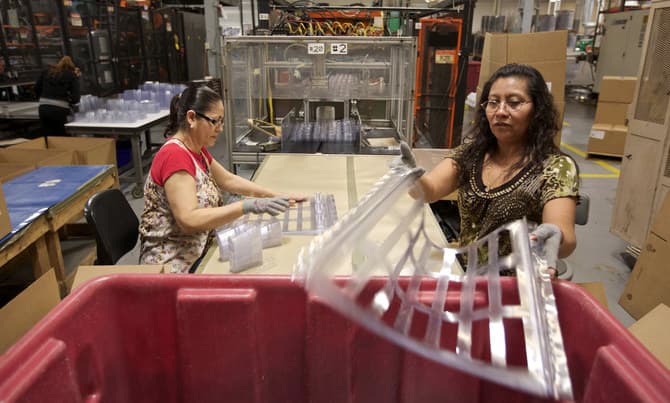
This step is one of the main outcomes of the bilateral business promotion programmes implemented by the Malaysian Investment Development Authority (MIDA) during the Expo 2020 Dubai. The partnership contract between Hotpack Global and Free The Seed was facilitated by a business matchmaking initiative launched by the Malaysian government at Expo 2020 Dubai. Discussions between the two sides began during the Sustainable Agriculture Week, hosted by the Malaysian Ministry of Agriculture and Food Industries (MAFI) in the Malaysia Pavilion, in the presence of Ismail Sabri Yaakob, Prime Minister of Malaysia.
Commenting on the project, Dr. Kiandee says, “We are pleased that the efforts and commitment we made during Expo 2020 Dubai led to the establishment of this important global cooperation, which is likely to transform Malaysia into a leading hub for the biodegradable materials industry in Southeast Asia. This project, in cooperation with Hotpack, contributes to creating huge opportunities for sustainable development, in addition to creating jobs for people over 10 years.”
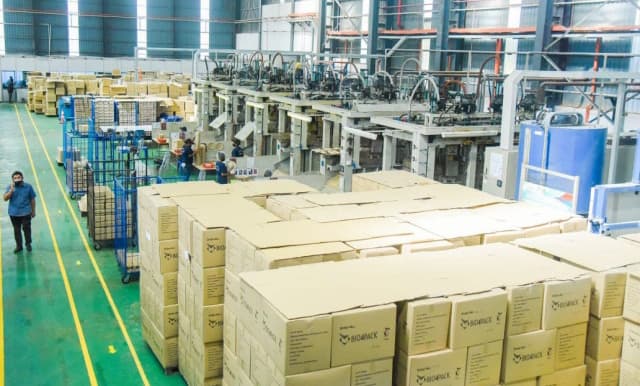
In turn, Group Managing Director of Hotpack Global Abdul Jebbar B P says, “We are pleased to enter the Malaysian manufacturing sector by entering into a partnership with Free The Seed by investing 350 million dirhams in this project, and we have also entered into agreements with local Malaysian farmers to ensure stable supplies of agricultural raw materials. Through this project, we will produce and provide a new line of biodegradable products for the Malaysian company’s global markets, including the GCC markets.”
“This project, which is the fruit of the successful cooperation with the Malaysia Pavilion at Expo 2020 Dubai, will consolidate our presence in Southeast Asia with the establishment of our first factory in Malaysia as part of our growth strategy until 2025. We expect this step to contribute to strengthening the position of Hotpack which has been recognized as one of the top five producers of single-use food packaging materials, and a leader in sustainable packaging solutions for the next three years,” adds Jebbar.
Anwar B P, Technical Director of Hotpack Global explains further, “This project will benefit from Free The Seed’s innovative biodegradable technology, enabling Hotpack to apply this technology to the company’s sustainable packaging model. The plant will produce biodegradable food packaging materials by recycling various agricultural wastes such as rice straw, pineapple leaves, sugar cane waste, and other waste of other plant materials. Through these new factories, we seek to support our customers’ endeavours towards implementing effective initiatives in the areas of environmental and social responsibility, corporate governance, and sustainability. We are committed to achieving our Sustainable Development Goals by helping others do the same.”
The construction of the first production plant, covering an area of 3,200 square meters, is scheduled to be completed in Gurun in August of this year, creating around 300 jobs for the skilled and semi-skilled workforce.
With this, Free The Seed will become the technical and operational partner of Hotpack Global, as it will provide raw materials, expertise, manpower, and technical capabilities. The initiative will also facilitate the production of biodegradable packaging materials using more diverse agricultural waste such as pineapple leaves and other botanical waste materials.

